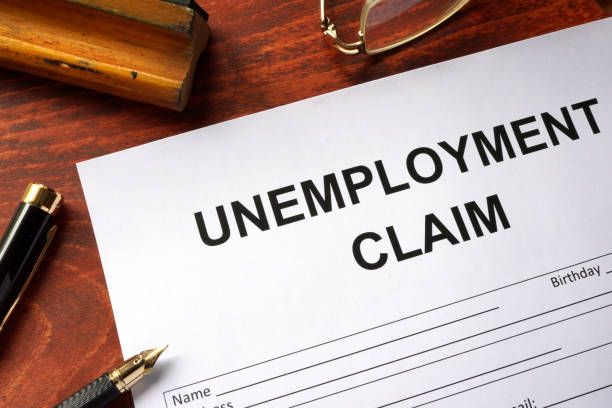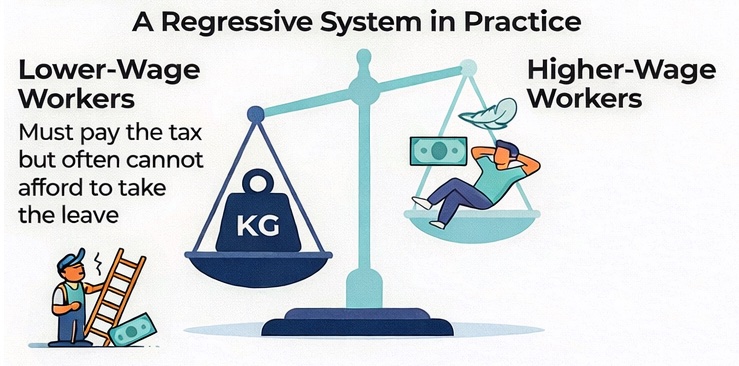When the state’s Universal Health Care Commission (UHCC) met Tuesday, it was largely a gathering of seemingly like-minded players excited to help Washington state become the first in the nation to switch to a universal health care system.
Part of the legislative charge for the UHCC reads, “Establish the preliminary infrastructure to create a universal health system, including a unified financing system, that controls health care spending so that the system is affordable to the state, employers, and individuals, once the necessary federal authorities have been realized.” That’s a tall order. And creating an “affordable” government-controlled system that retains reasonable access and high quality should feel like a mission impossible. (Read more about the wishful thinking in creating universal health care at the state level here, and see our legislative memo about this latest commission here.)
At its start, Commission Chair Vicki Lowe, who works for the American Indian Health Commission for Washington State, asked the group to “not let perfect be the enemy of the good," as she talked about how incremental change was often best for endeavors like the one before commission members. That, coupled with concern that the language in a proposed mission statement for the newly formed group was not strong enough, was really the only point of differentiation that revealed itself during a two-hour meeting that included introductions, an overview of the legislation that created the commission and some training on the Open Public Meetings Act.
On Jan. 4, at the commission’s next meeting, it plans to look closer at those proposed mission and vision statements.
The cast
As members went around the Zoom and introduced themselves, more than a handful expressed passion for the work of creating universal health care as they had experienced a time in their own lives without insurance.
Lowe, the committee’s chair, became motivated about universal health care because of a pregnancy that was not covered by her parent’s insurance, she said.
After praising Medicaid expansion in 1993 and how government-provided health care helped her family, Sen. Emily Randall told of her excitement to lead the nation down a universal health care path. She said, “We have a good template for how we can keep leading the country and keep covering more people.”
UHCC legislation outlines that the commission be made up of state agency workers, four legislative members and “six members appointed by the governor, using an equity lens.” View the full commission roster here. The commission must submit its first report to the governor and Legislature in November 2022.
This commission is the latest effort among many exploring universal health care in Washington over the past three decades. It is different in one major way that was reiterated Tuesday: The commission is permanent. It doesn’t have an end date as others did.
That concerns some people who see such permanency as prohibitive to the health-care-system overhaul they desire. Other people are concerned it means the commission will mull the issue until and if universal care in Washington is realized.
With a group as predisposed as this one seems to be, I have little faith its ideas will touch down in reality and deal with the hard part of universal health care: finding a way to pay for it without Washingtonians losing access to quality, patient-centered care.
Other states have tried and failed to effectively eliminate private health insurance and shift responsibility for administering and financing health coverage to the state government. California had to abandon its effort in 2017, as the bill for taxpayers was going to be astronomical. A legislative analysis pegged the projected cost at $400 billion. Read more in this Sacramento Bee article, “The price tag on universal health care is in, and it’s bigger than California’s budget."
Government-controlled-care proposals routinely get shelved because they come without a realistic way to finance them. Vermont and Colorado also retreated from universal plans in their states when the actual costs became clear.
Health care is a need, as is food and housing. And just as with food and housing, we should be supporting free-market principles in the health care industry. A safety net for people in need also must continue.
Dismantling cumbersome regulations, allowing for more choice in health care and promoting Washingtonians’ use of health savings accounts would be a better use of a state commission’s time.
The goal of de-escalating prices should always partner with the goal of retaining or increasing quality care and patient satisfaction. But the experience of other countries shows that universal health care creates serious, life-impacting problems. Restricted access, rationed care and low quality of care are common issues associated with universal health care and single-payer systems. (Read "Waiting you turn: Wait times for health care in Canada, 2019 report," by the Fraser Institute.)
If interested in watching the UHCC strive to make Washington the first state in the nation to implement universal health care, sign up to receive UHCC announcements here. Time for public testimony is carved out at each meeting, and written comments can be sent to HCA_UniversalHCC@hca.wa.gov.






